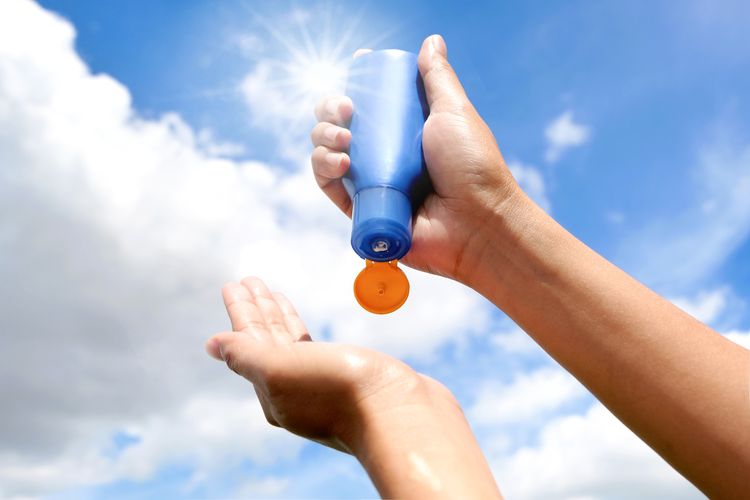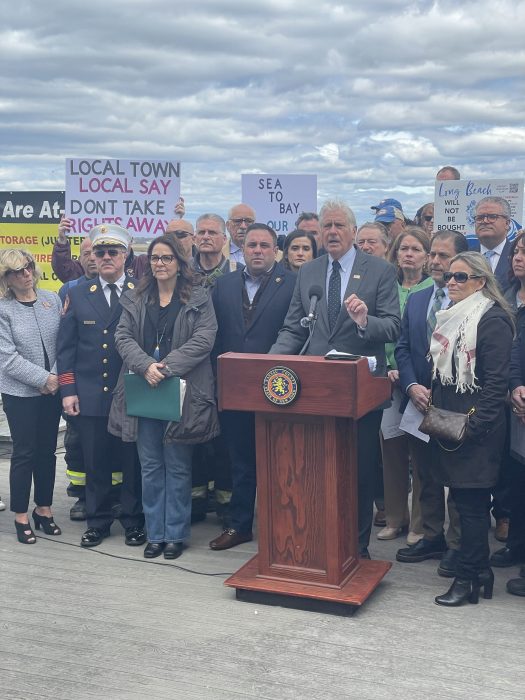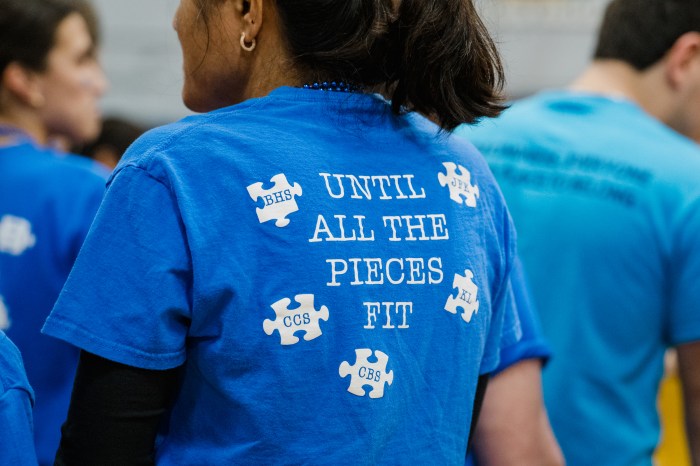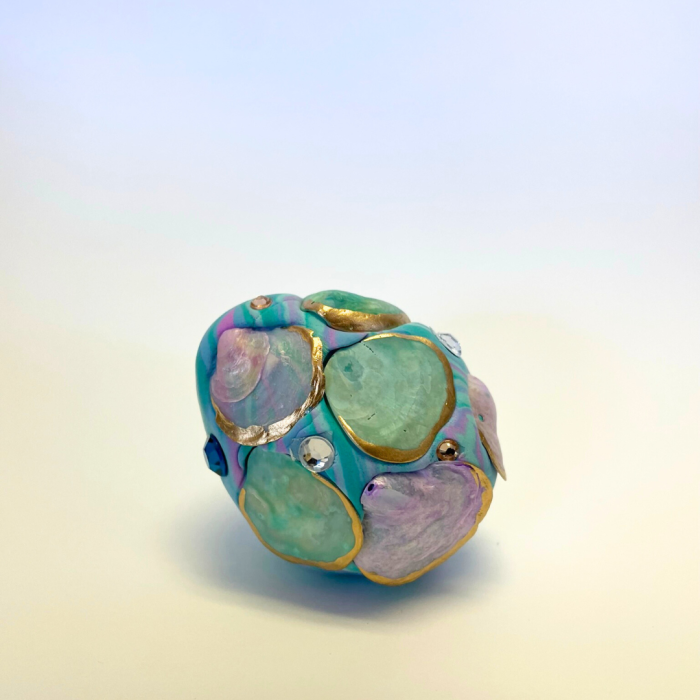By Bernadette Starzee
Vitamin D’s many benefits include helping to guard against severe Covid-19. The sun is a natural source of the vitamin. But that doesn’t mean you should skip the sunscreen.
“Since the vitamin D topic has become popular over the last couple of years, some people have been using it as an excuse not to wear sunscreen,” said Dr. Victoria Sharon, director of dermatologic surgery and dermato-oncology for Northwell Health. “I hear patients say, ‘I’m just getting my vitamin D.’”
But the fact remains that most skin cancers are caused by too much exposure to ultraviolet (UV) radiation that comes from the sun (as well as tanning lamps), and the cancer risk outweighs any vitamin D benefits that could come from going out in the sun unprotected, dermatologists say.
VITAMIN D AND COVID-19
About 40 percent of Americans do not get enough vitamin D, which is vital to bone health. Ever since the early days of the pandemic, a possible correlation between vitamin D deficiency and more severe Covid-19 outcomes has been discussed in medical journals and among members of the general public. In February 2022, Israeli researchers concluded that pre-infection vitamin D deficiency is associated with increased disease severity and mortality. In examining the records of more than 250 patients hospitalized at the Galilee Medical Center over a 10-month period, the study found that patients with vitamin D deficiency were 14 times more likely to have severe or critical disease than patients with adequate levels.
VITAMIN D AND SUNLIGHT
When the sun’s UVB rays hit cholesterol in your skin cells, this provides the energy for the cells to manufacture vitamin D. This is why vitamin D is called the “sunshine vitamin.”
Despite interfering with the ability of the sun’s rays to penetrate the skin, sunscreen usage does not significantly impact vitamin D levels, according to Dr. Sharon, who pointed to a 2019 United Kingdom study in the British Journal of Dermatology as evidence.
Primary care physicians typically screen for vitamin D deficiency in annual checkups. “If you have an insufficiency or a deficiency, there are plenty of supplements you can take,” Dr. Sharon said.
Certain foods are also rich in vitamin D, said Dr. Adrienne Haughton, director of medical and cosmetic services at the Stony Brook Medicine Department of Dermatology.
PROTECTION FROM THE SUN
“People should wear sunscreen 365 days a year,” said Dr. Haughton, noting that damaging rays are present even on cloudy days and can penetrate window glass. “We see more skin cancers on the left side of the face and left arm due to exposure to the sun while driving,” she said.
Many people think that if they’re not out at the beach or a park, they can skip the sunscreen.
“The most common thing I hear from patients is, ‘I don’t go in the sun,’” Dr. Sharon said. “I’ll say, ‘How did you get there?’ If they’re driving to an appointment or commuting to work, or just taking a leisurely stroll around their neighborhood, they don’t perceive that it’s sun exposure.”
Sunscreen should have a sun protection factor (SPF) of at least 30, which offers 97 percent protection against UVB rays, Dr. Sharon said.
Dr. Haughton recommends an SPF of 45 or higher, based on a recent study that suggested the higher index is necessary to compensate for the fact that people tend to not apply enough sunscreen.
Apply sunscreen liberally and often, Dr. Sharon said.
“Reapply at least every two to three hours if you will be outside all day,” she said. “If you are at the beach, reapply it right after you come out of the water.”
Covering up and seeking shade is also recommended.
“Sit under an umbrella at the beach,” Dr. Haughton said. “Wear a wide-brimmed hat. A lot of people, especially men, like baseball caps, but they don’t protect the ears and neck.”
It’s also advisable to avoid being out in the sun during peak hours, which extend from about 10 a.m. to 4 p.m. during the spring and summer, Dr. Sharon said.
“I don’t tell people to hibernate,” she said. “You can enjoy being outdoors, but do it safely by covering up, seeking shade, and wearing sunscreen.”

































